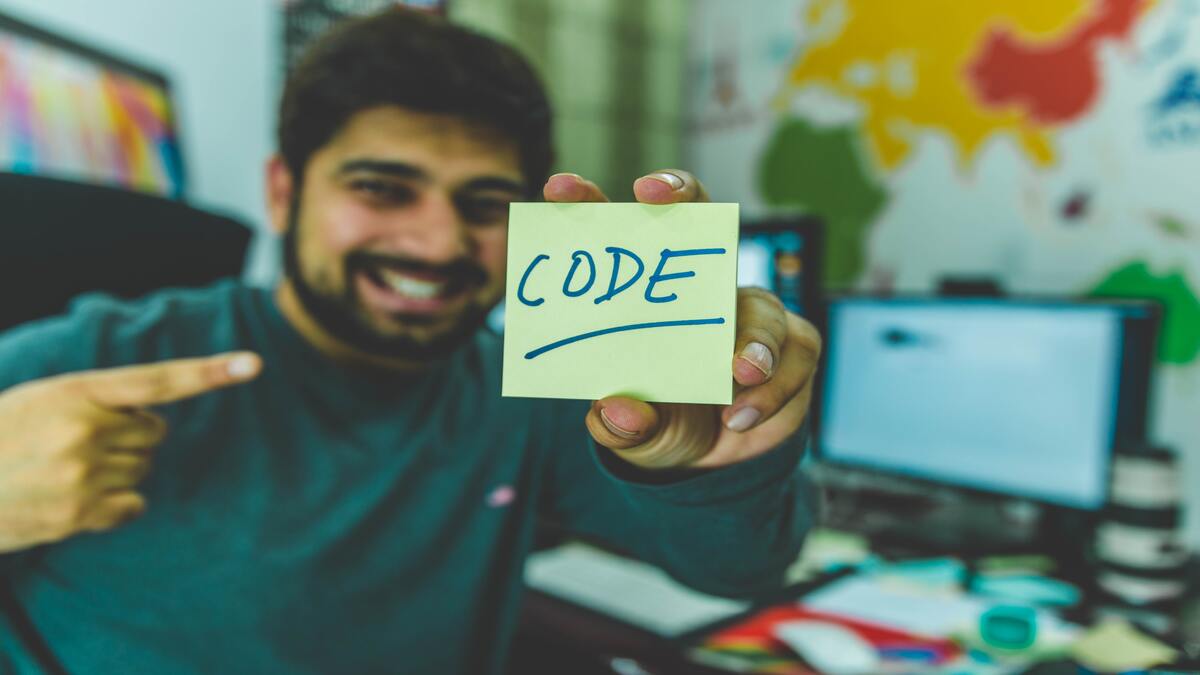3 Important things for learning coding !
Are you eager to dive into the world of coding? Before you embark on your coding journey, it’s essential to lay down a strong foundation by understanding some key concepts. In this blog post, we’ll explore three crucial preliminary concepts that you should grasp before you start coding. These concepts will not only make your coding experience smoother but also set you up for success in your coding endeavors.

1. Algorithms: The Building Blocks of Code Logic
Imagine coding as constructing a complex puzzle. Algorithms are the strategies you use to solve different parts of the puzzle. They are step-by-step instructions that guide your code to perform specific tasks or solve problems. Understanding algorithms is crucial because they form the core logic of your code. Before you begin coding, take some time to learn about different algorithm types, such as sorting algorithms, search algorithms, and optimization algorithms. Once you grasp how algorithms work, you’ll be better equipped to choose the most efficient approach when writing your code.
2. Data Structures: Organizing Information Effectively
Coding often involves dealing with large amounts of data. Data structures are like containers that hold and organize data in different ways. They determine how data is stored, accessed, and manipulated within your code. Learning about data structures such as arrays, linked lists, stacks, and queues is essential because they influence the efficiency and functionality of your code. Before you start coding, familiarize yourself with different data structures and their use cases. This knowledge will help you select the appropriate data structure for each task and optimize your code’s performance.
3. Pseudocode: Planning Your Code Logic
Jumping straight into coding without a plan is like embarking on a journey without a map. Pseudocode is a way to outline your code’s logic using simple human-readable language, even before you start writing actual code in a programming language. It helps you visualize the sequence of steps your code needs to take and the decisions it needs to make. Before you dive into coding, take the time to create a pseudocode for your project. This planning phase will save you time and reduce errors in the long run.

In conclusion, mastering these three concepts—algorithms, data structures, and pseudocode—before you start coding is like laying a strong foundation for a building. These concepts form the basis of your coding knowledge and will empower you to write efficient, logical, and well-structured code. By understanding algorithms, data structures, and using pseudocode for planning, you’ll be better prepared to tackle coding challenges and create elegant solutions. So, before you write your first line of code, take a step back and grasp these crucial preliminaries—they’ll make your coding journey much smoother and more rewarding.
